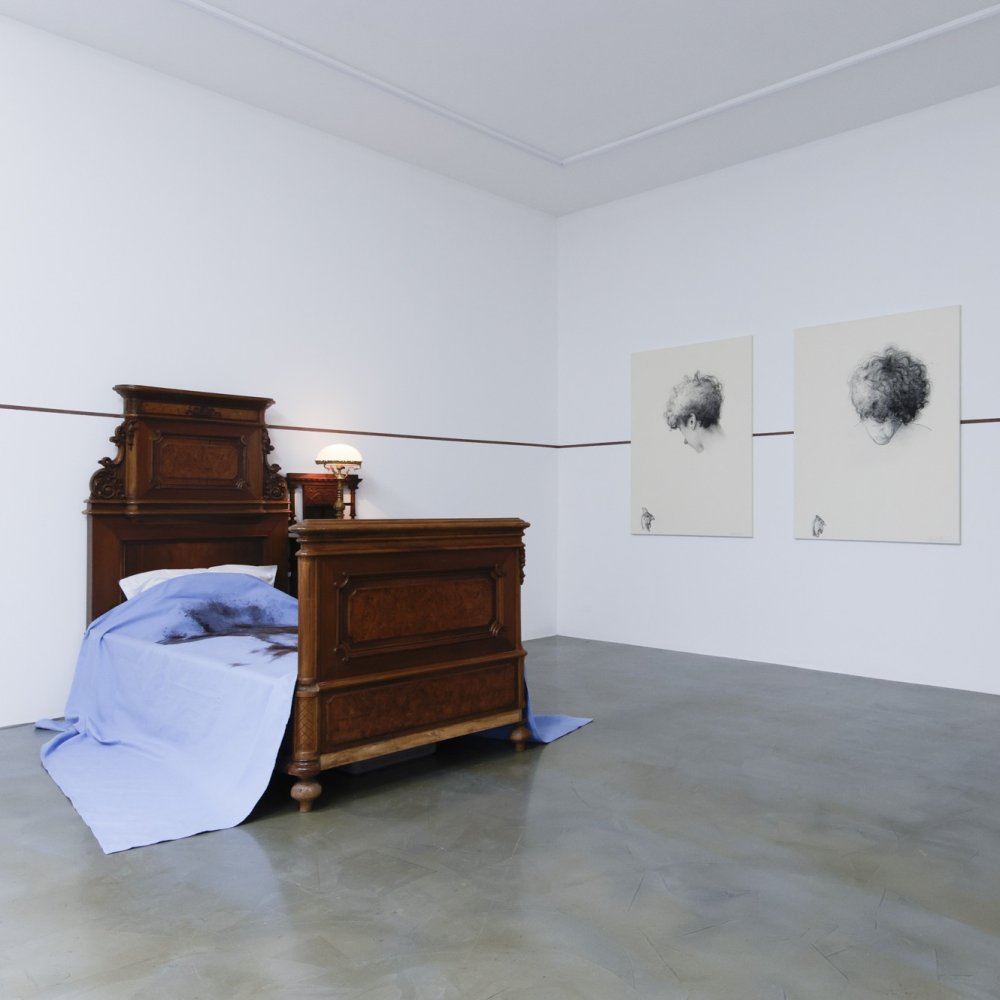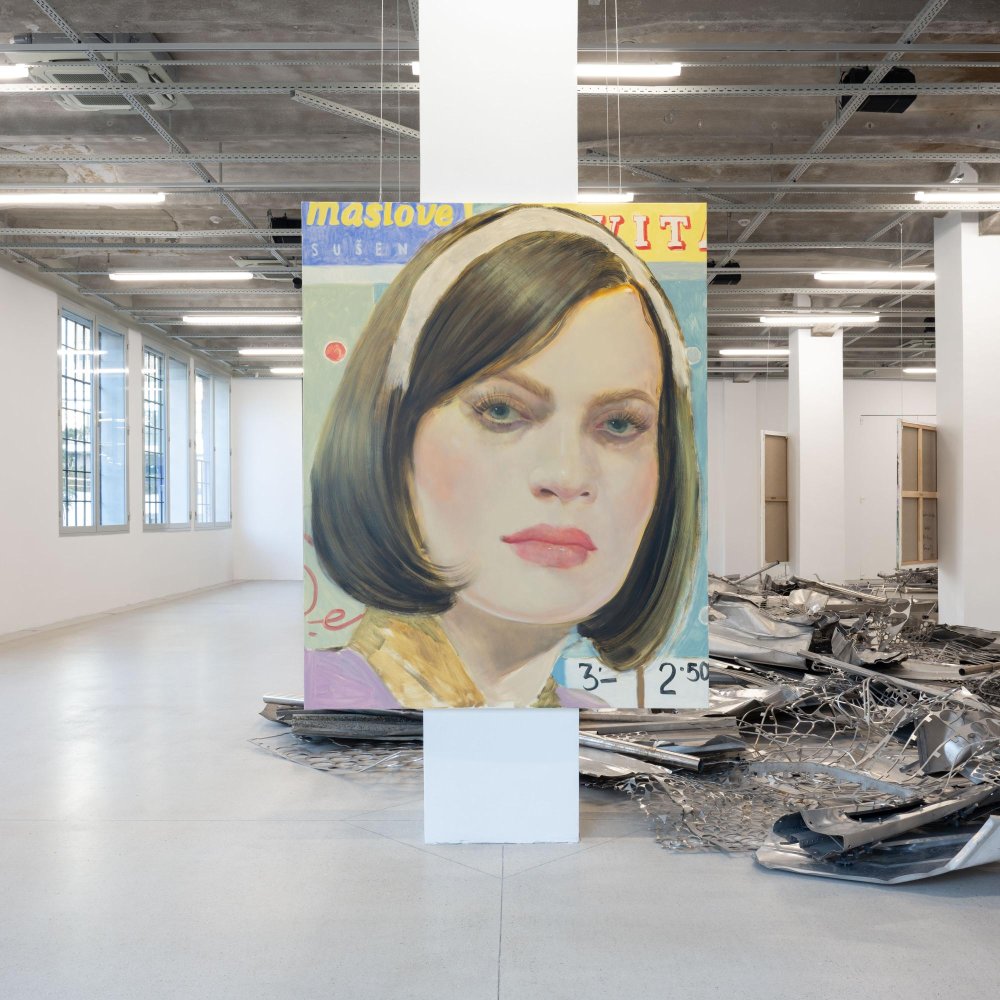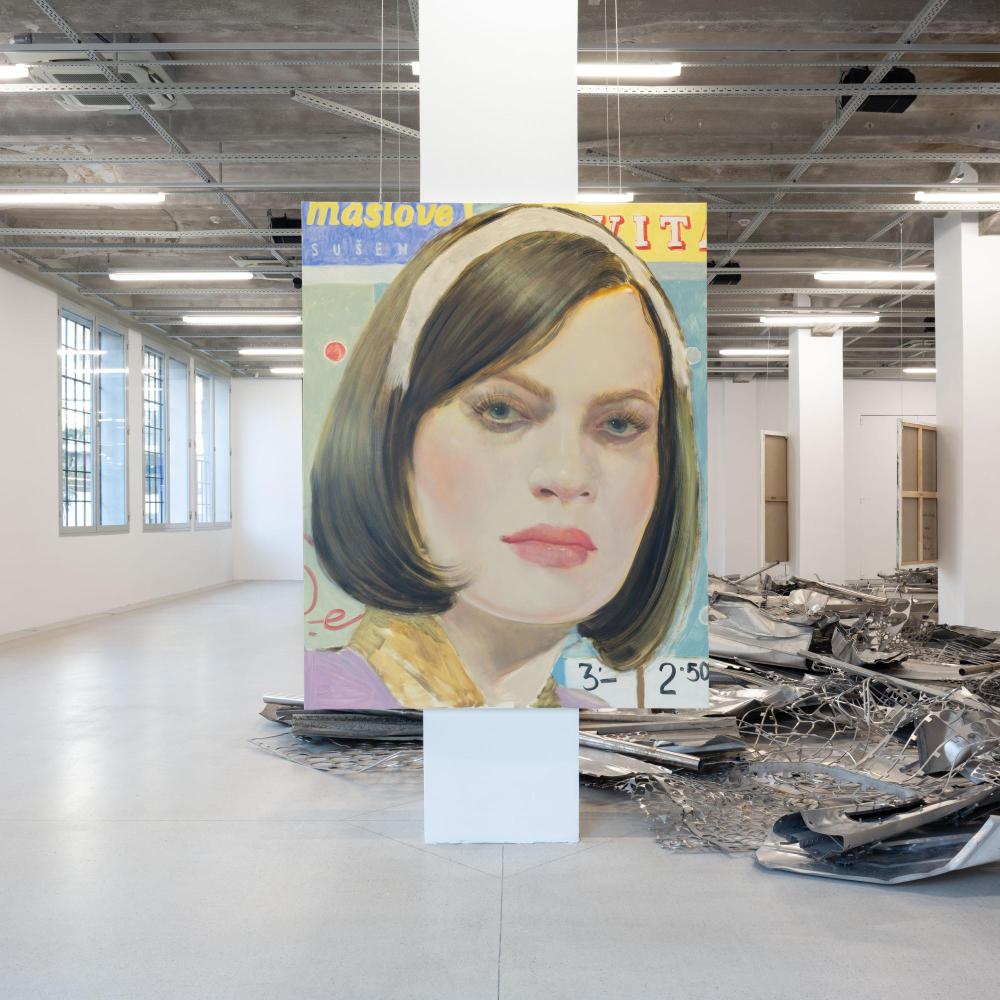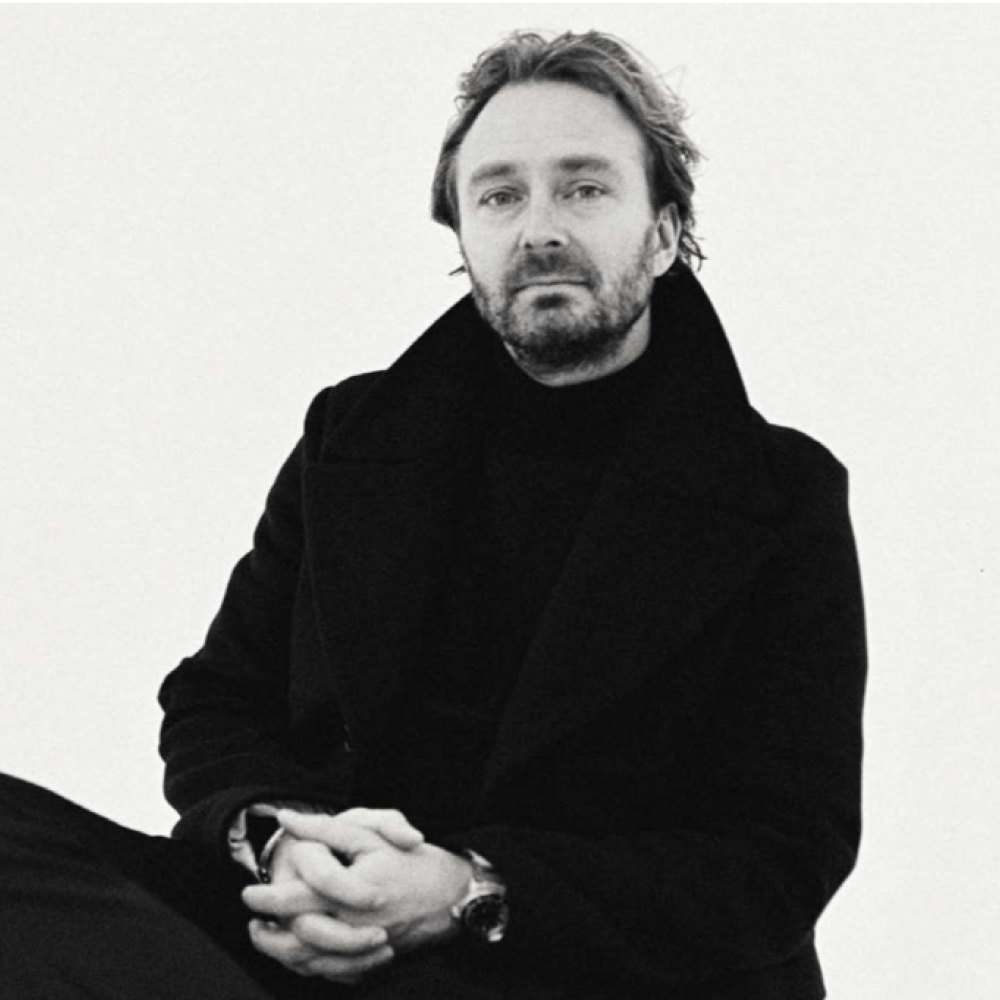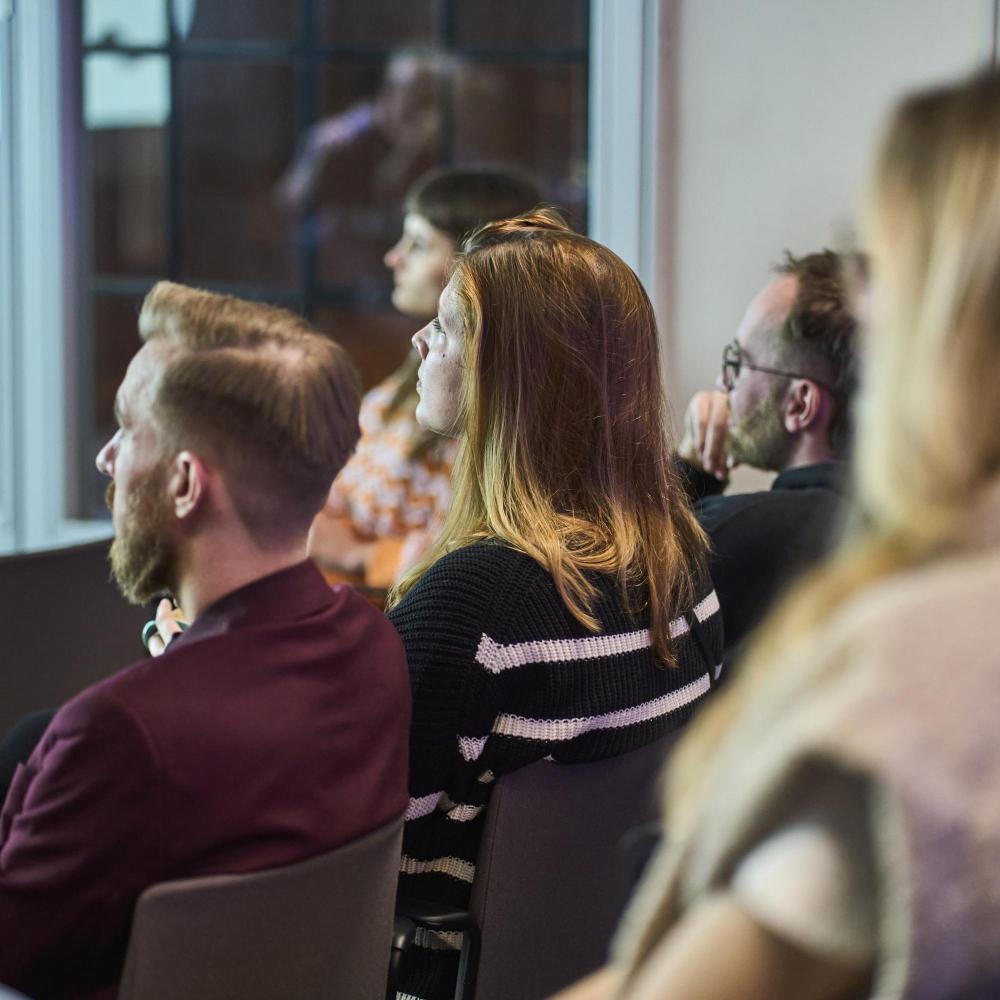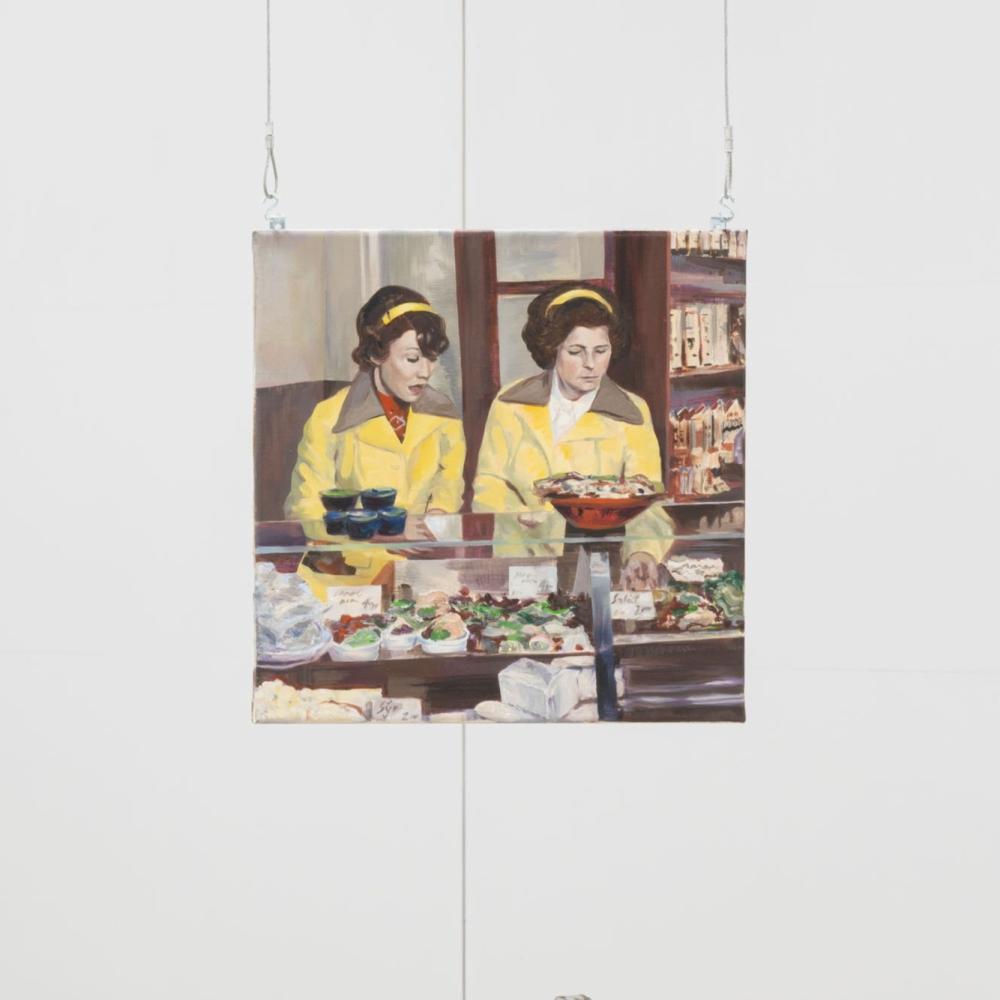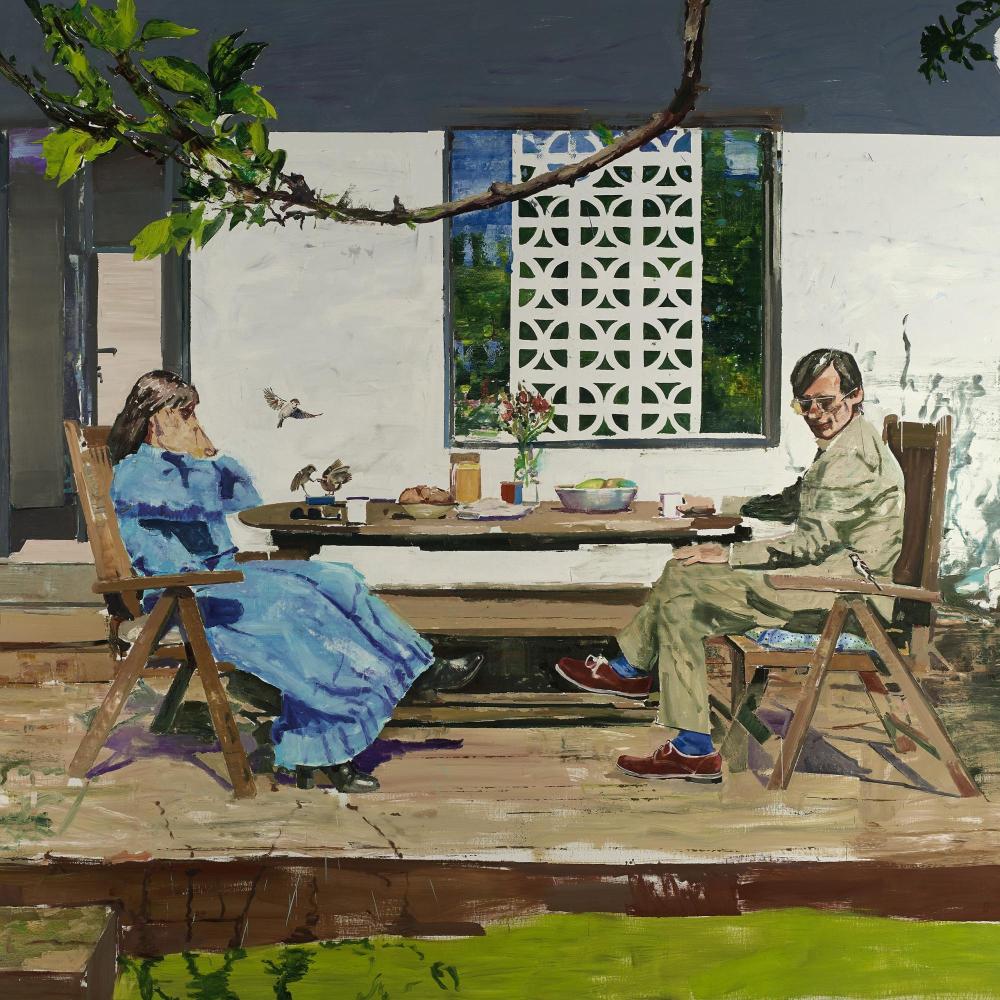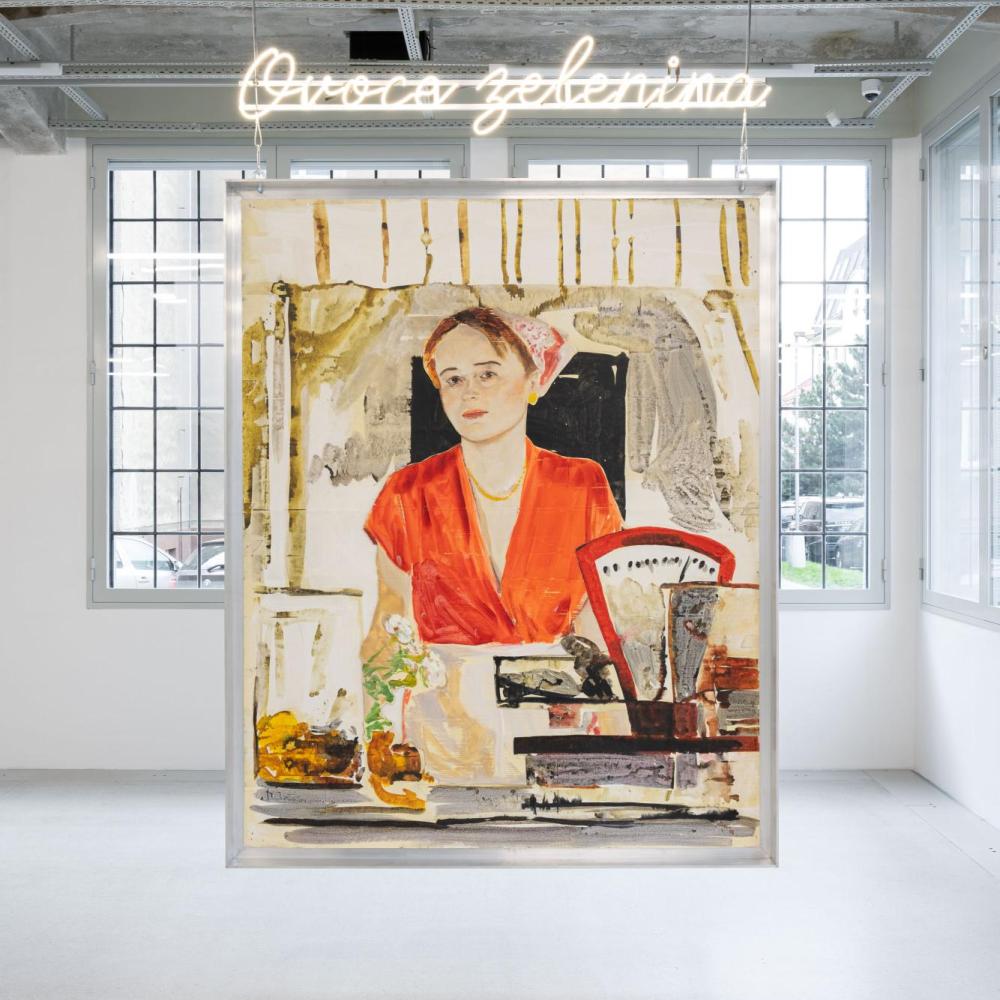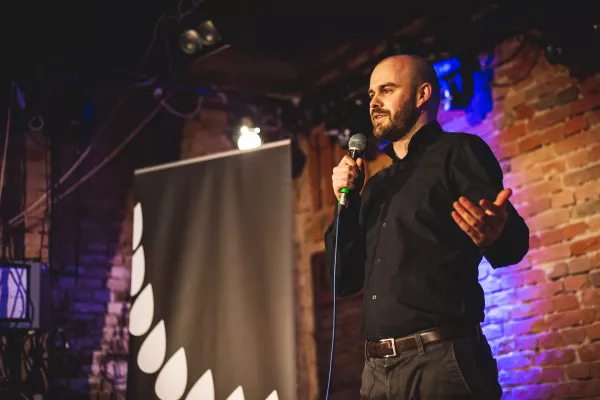
In April, we have prepared an unprecedented portion of April entertainment for you in the Telegraph: you can look forward to two stand-up shows. The Tears of Happiness is a group of comedians who still don't want Czechoslovakia to break up, so we'll have the opportunity to see them perform in both Czech and Slovak. Czechmates, on the other hand, is a group of performers gathered from different parts of the world who will offer their programme in English. As these are two different groups with different cultural experiences and probably different approaches to performing, we were tempted to compare these two worlds. We talked to members of both groups about stand-up, its specifics and humour in general.
We interviewed Honza Dudek for Tears of Happiness and Joanna Sio for Czechmates. How different are the perspectives of the Czech comedian originally from Ostrava and the well-travelled Joanna from Hong Kong? We bring you both interviews now.
Do you think you're funny?
Jan Dudek: If I take the number of people laughing and the intensity of their laughter as a measure, then I am funny at my shows. In life it's more complicated, I'm not able to judge it there.
Joanna Sio: Even in high school I liked to say funny things, I liked to make people laugh. I used to think differently, express unusual ideas. I needed to say them out loud because I was curious to see if they would work. Sometimes the jokes worked, sometimes they didn't. Still, they worked well enough to give me the impression that I could do something and that I could enjoy it. So yes, I think I'm funny.
When and where did you first encounter the genre of stand up comedy?
Jan Dudek: Like a lot of Czechs of my generation, I first discovered stand up through the show Na stojáka. I was aware that there was such a thing, but apart from the most classic shows I didn't really follow it.
Joanna Sio: On the Internet. I grew up in Hong Kong and stand up comedy was not a common thing there. Plus, most of the similar comedy genres were in English. Nobody did stand up in Cantonese. It started developing here about ten years ago. The first live stand up show I saw was in Amsterdam.
How did you get straight into performing? How did you come up with the idea: "Okay, I might be good at this, so I'll give it a go." What was the path to that?
Jan Dudek: At one point, I found myself telling my friends stories about my life, but I kept tweaking them, adding more and more made-up stories until I couldn't even remember what they looked like originally. It got to the point where I wasn't even sure if what I was telling really happened. Suddenly the story itself existed. My friends were amused by it and encouraged me to write it down or give a talk about it somewhere. So I gave it to them. A friend of mine had a bar in Ostrava where he let me go on stage for the first time.
Joanna Sio: The first time I tried stand-up was in Hong Kong in 2008. I used to do improv before at a comedy club where stand up was taking off back then. Then I went on to do stand up in Singapore, and only in the last four years have I been doing stand up shows in Europe. In comparison, Singapore is more multicultural. In Hong Kong, the format of stand up is very limited by the fact that they speak Cantonese. In Singapore there are many nationalities: Chinese, Malaysians, Indians... Europe is a completely different world. There are plenty of places to go with the show. Poland, Slovakia, you can go to Germany, Luxembourg or the Netherlands. In every country, every city you go to, you have to say something about the people there, create some local references, and that's what I love about it.
Where do you get your inspiration from, or do you have a favourite theme that comes up in your output?
Jan Dudek: I try to reflect common things. I don't think I have a particular theme or topic. Rather, I look for the absurdity in ordinary things. What I often make fun of is the theme of masculinity in the 21st century: where we are as men, how women roll us and so on. Otherwise, I try to look for the ridiculous to the absurd in everyday things.
Joanna Sio: Everyday Life. There's a lot going on in my life, so I usually talk about my family, my kids growing up. I have a lot of really funny stories about them growing up. I find it funny how they're constantly changing. Often things happen to me that aren't really funny. I also make fun of things that annoy me. I laugh at them and suddenly everything is cool. Plus I have another story, another joke.
Do you think humor is universal?
Jan Dudek: That's literally a philosophical question. I think humor is universal, but there are no universal themes. Certain topics are culturally determined: some cultures find them funny, others find them taboo, others just find them unfunny and people don't understand why they should be funny.
Universal are definitely techniques to make someone laugh. I think everybody gets a laugh out of some absurdity or inconsistency of what is being told with reality. It's just a question of what is considered absurd and what is considered incongruous in that particular culture.
Joanna Sio: People generally like to laugh. I think there are really universal themes. When you perform in foreign countries, you use similar jokes. You talk about travel and other general topics that aren't tied to a specific country, and a lot of it works. Of course, when I perform in the Czech Republic and make jokes about the Czechs, their country, their language, people feel more connected and laugh at the jokes a lot more. If I did the same thing in Germany, even in front of people who know Czechs, they wouldn't feel it as strongly, they wouldn't laugh as much.
What is it about your stand up, or national stand up? Is there a global mainstream in stand up, or are they all different and there is no common direction?
Jan Dudek: Czech stand up is still very much influenced by the first wave, let's say the show Na stojáka, where mainly actors performed. For me, it's more like acted sketches. The comedians are not there for themselves, they are there as characters. It's a continuation of Mensiek and modern New Year's Eve. Everybody knows the Dumb Blonde, but everybody already understands that it's a character Pazderková created. In the mainstream, let's say Anglo-Saxon, stand up, the comedians at least try to give the impression that they are there for themselves. Of course, we're all overacting. We're all trying to bring out something about ourselves and suppress something else, but at least it gives the impression that there's a real person standing in front of you, not an actor in a role.
Joanna Sio: Ideally, everyone should be unique as a comedian. You're talking about things you love, offering people your unique perspective. If there was a one-size-fits-all recipe, stand-up would be pretty boring. I don't do political stuff. I like to talk about everyday things that I experience. Basically, my whole show is about me :D
Do you think there is a typically national humour? And if so, is it reflected in stand up in any way, or is, for example, Czech stand up and Czech humour something completely different?
Jan Dudek: I think national humour exists. Every nation comes from some historical experience that shapes that humour. When we think of British humour, we both intuitively think of dry humour. When we think of German humor, we think of none. So there is definitely such a thing as national humour. I guess that translates to some extent into stand-up. But the way stand-up still draws on that Anglo-Saxon mainstream, it's more unified. There are fashions in stand up that are gradually being picked up by the periphery. For example, female stand up is very much in vogue at the moment. It will gradually take over here in the Czech Republic when it displaces typical Czech humour. It's a battle between national experience and the global mainstream.
Joanna Sio: In a sense, humour is tied to the nation in which it originates. Each nation has its own culture, including themes that only it finds funny. A kind of common wealth that people in that particular culture share. For example, people in China love food, so it's not surprising that a large portion of the jokes there are about food and dining. The British people have a slightly different sense of humour, so I believe that in that respect humour is influenced by the national mindset.
Czechmates Stand up: Olomouc English Comedy is on Wednesday 13 4 at 7:30pm.
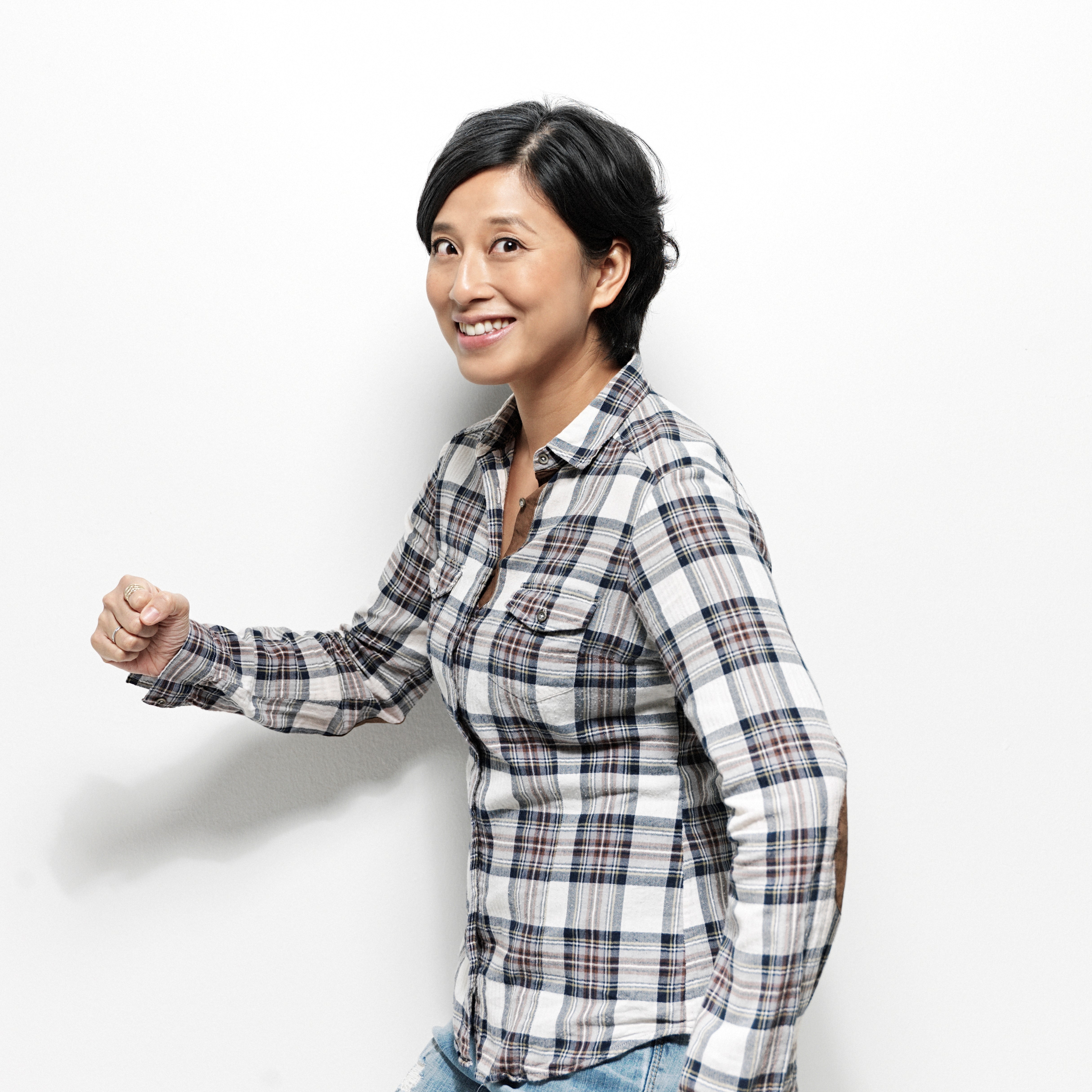
Tears of Happiness will be performing at our venue a week later, on Tuesday 19 4 at 8pm.
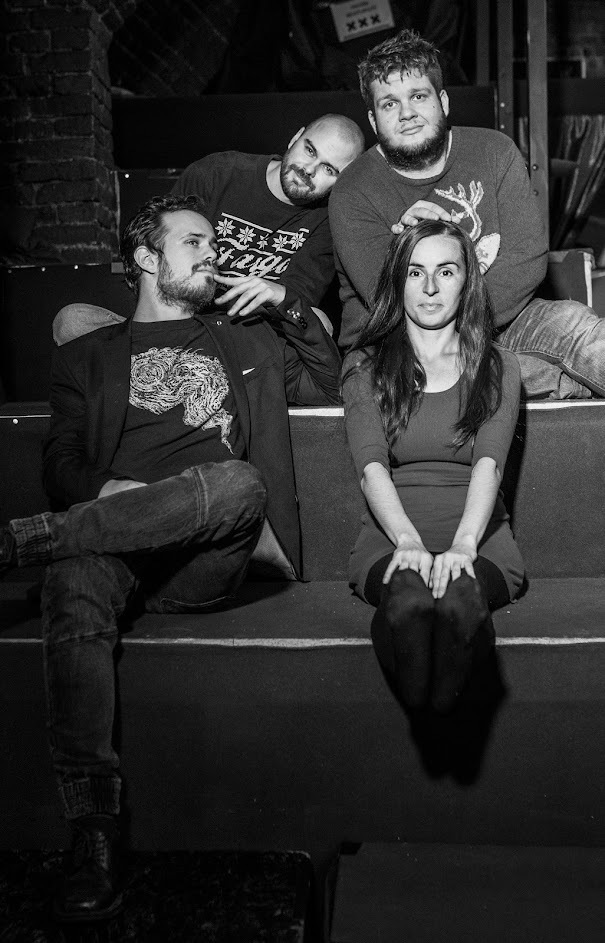
Because you can never have enough stand up and humour in particular, in case your midsection still hasn't had enough, on Friday 15 4 we're screening the successful Norwegian comedy about stand up comedian Kasper Berntsen. The bittersweet film, Nothing to Laugh About, is about Kasper's coping with a serious illness and how he gains a new faith in himself and starts laughing again. Starting at 8:00 p.m.
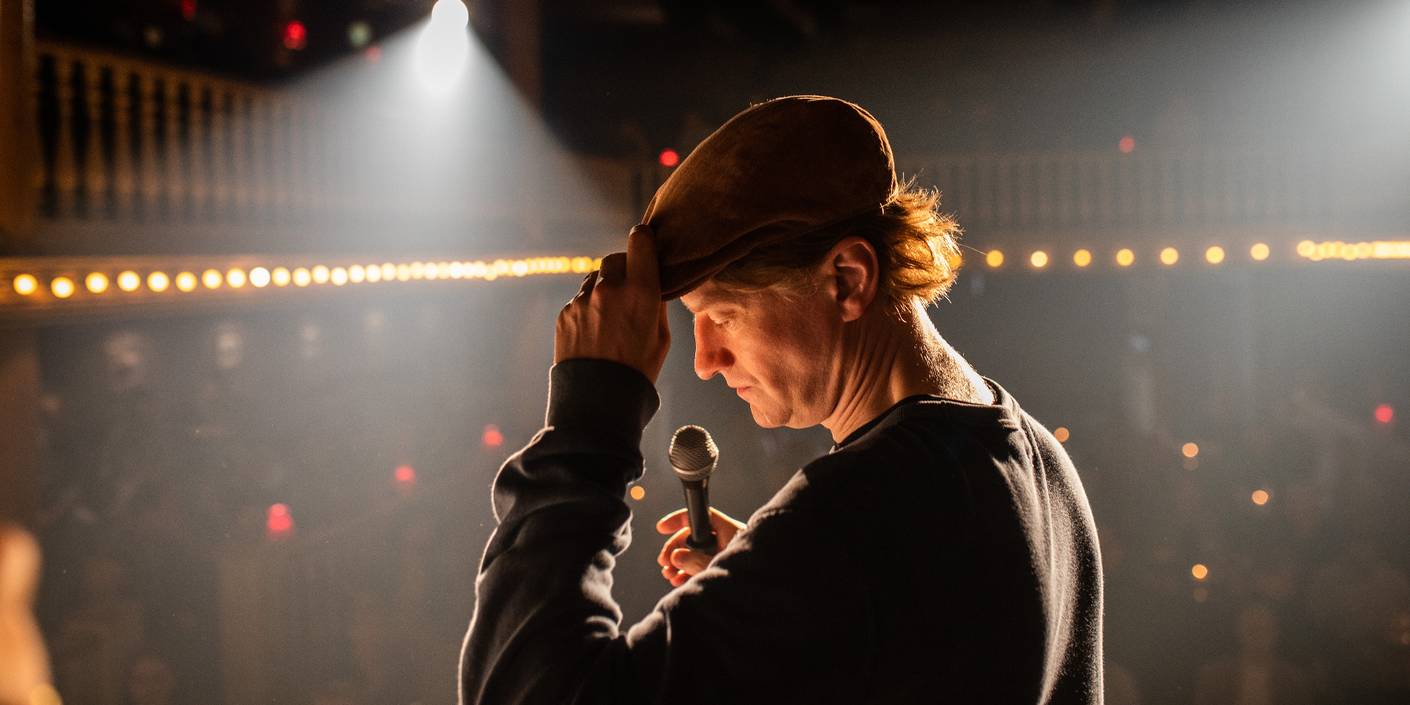
We look forward to seeing you!
By Kvido Lotrek
